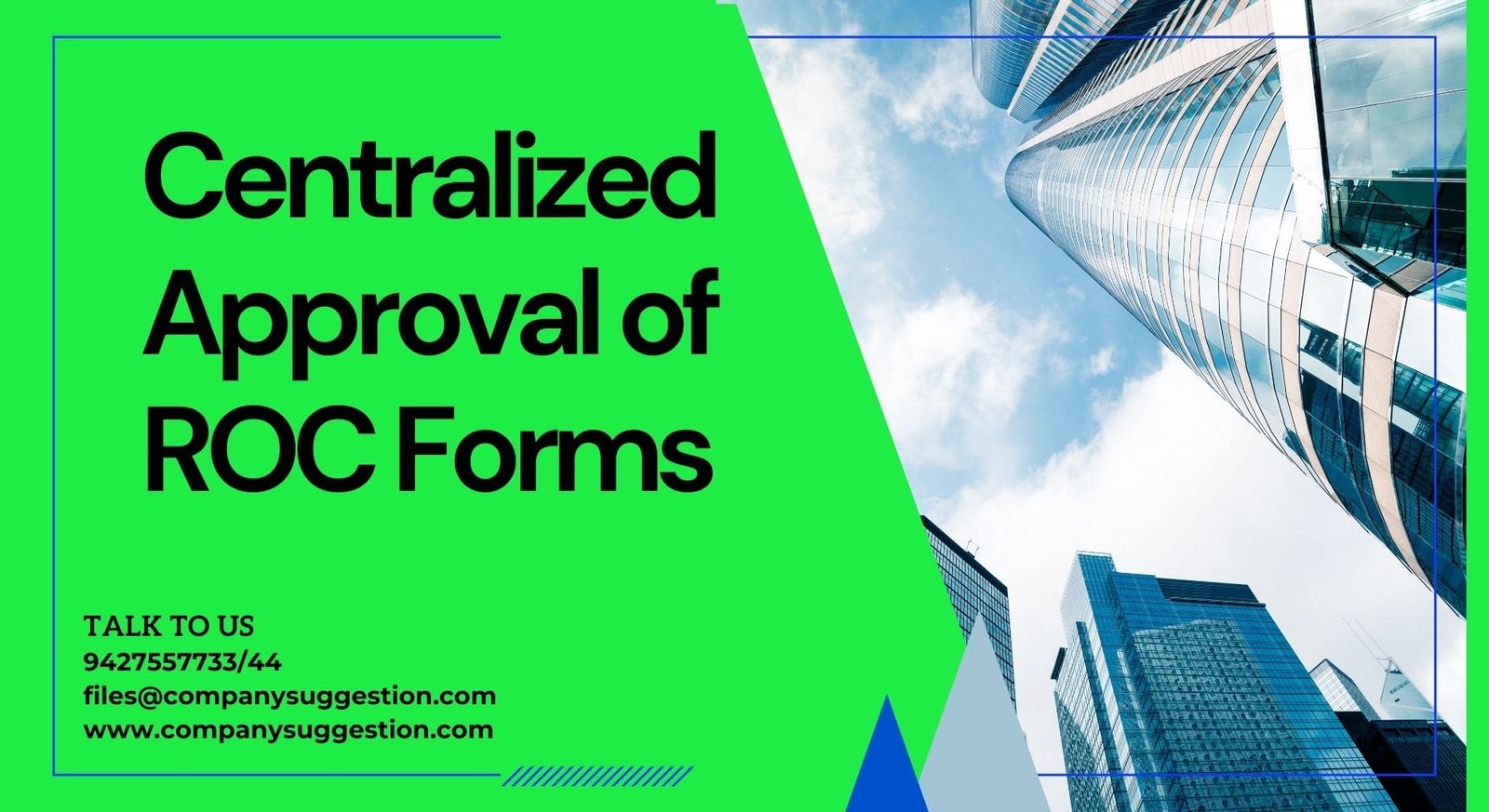Explore this article that provides comprehensive information about Non-Profit Organizations (NPOs) and their annual compliance requirements, specifically focusing on Section 8 companies. Dive in to gain insights into the necessary procedures for AOC 4 filing associated with these entities.
When an organization is officially recognized as a Not for Profit Organisation (NPO), or when its primary objective involves utilizing any potential profits or incoming funds to advance fields such as business, arts, philanthropy, education, ecological preservation, scientific pursuits, athletics, investigation, spirituality, or community well-being, it is categorized as a non-profit entity or a Section 8 Company.
Companysuggestion offers a comprehensive annual compliance program for Section 8 Companies, ensuring that all your compliance obligations are expertly managed on your behalf. This service not only preserves your valuable time and energy but also empowers you to focus more on the fundamental aspects of your business.
Is AOC 4 Applicable for Section 8 Companies?
AOC 4 may not be suitable for Section 8 companies, which are non-profit organizations (NPOs) mandated to utilize their revenue for charitable purposes rather than distributing dividends to shareholders. These entities must adhere to government regulations and obtain a certificate of incorporation from the national authorities.
As per the rules, the company could face closure under instructions from the Central Government if the specified responsibilities are not fulfilled. Furthermore, stern legal actions will be initiated against every member of the organization if the objectives presented by the company prove to be untrue.
Each Section 8 company must adhere to the annual compliance responsibilities outlined in the Companies Act of 2013 and the Income Tax Act of 1961. These tasks are crucial for upholding the company’s trustworthiness and reputation, and also for preventing penalties due to failure in meeting these obligations. Over the course of the year, the company must carry out these compliance responsibilities, which can sometimes be quite burdensome.
Benefits of Yearly Compliance for Section 8 Corporations
- Consistent adherence to regulations improves the trustworthiness and reliability of the Section 8 Company.
Furthermore, it supports the fundraising endeavors of Section 8 Companies for the benefit of charitable organizations. - Furthermore, the consistent submission of annual returns ensures the continual existence of the organization.
- Adhering to compliance regulations and fulfilling annual compliance obligations can protect the business from encountering a range of legal challenges.
- Furthermore, it aids the Section 8 business in protecting itself from charges and sanctions.
- The primary objective of a Section 8 enterprise is to establish and nurture client confidence, and adhering to the timely submission of annual returns supports the company in achieving this aim.
Keeping Up with Statutory Registers
All Section 8 Companies are required to maintain statutory records within their registers. These records encompass details regarding members, loans, investments, fees, and more. Furthermore, they provide an overall overview of the company’s annual operational efficiency. The team of specialists at Companysuggestion is prepared to assist you throughout this procedure, all from the convenience of your own home.
Tasks for Annual Compliance
The yearly obligations for Section 8 Companies in terms of compliance encompass all the necessary components, which are included within the compliance package.
- Auditor Requirement: Under Section 139 of the Corporations Act of 2013, all companies are obligated to engage an auditor as a mandatory provision.
- Maintenance of Register: As stipulated in Section 8 of the 2013 Companies Act, it is mandatory for the company to maintain a statutory register containing details of its members, obtained loans, established charges, and other pertinent particulars.
- Conducting Meetings: The company is obligated to organize annual general meetings as well as other essential statutory gatherings.
- Yearly Report: Directors of the company are compelled to submit an annual report encompassing financial particulars and insights into their corporate social responsibilities. This responsibility rests with the board of directors, and Companysuggestion stands ready to offer assistance in this regard.
- Financial Statement of the Company: The financial records from the preceding fiscal year, comprising the profit and loss statement, statement of cash flow, and additional financial documentation, must be officially submitted.
Financial Statements Submission (AOC-4 for Section 8 Companies)
Every Section 8 Company must submit a duplicate of their accounting documents in the specified layout (e-form AOC-4). They are required to do so within thirty days from the latest annual general meeting.
Companysuggestion specializes in assisting Section 8 enterprises in correctly filling out forms and yearly reports, guaranteeing the suitability of all information submitted on government and ministry online platforms.
Total Meetings and Quorum for the Board
As per the exemption notifications combined with the provisions outlined in sections 173(1) and 174(1), corporations operating under Section 8 are obligated to conduct a minimum of one meeting every six months. For board meetings, a quorum of either eight directors or one-fourth of the total shareholder count, whichever is fewer, is necessary. It is important to note that the quorum must include a minimum of two individuals.
MGT-7, Annual Returns Filing with ROC
Companies operating under Section 8 must also provide Form MGT-7 to the Registrar of Companies (ROC) to fulfill their obligation of submitting the company’s annual returns. This requirement arises from their status as limited companies. Within a span of sixty days following the latest annual general meeting, the submission of Form MGT-7 becomes necessary.
Penalties for Non-Compliance
Failure to adhere to regulations could lead to fines ranging from ₹25,000 to ₹500,000, imprisonment, and potential inclusion of both the company and its leaders in a temporary blacklist.
In case of any deviation from the required procedures, the Ministry of Corporate Affairs (MCA) possesses the power to impose specific monetary penalties as listed below:
Chiefs and every official of the Organization who are found to be at fault will face potential imprisonment and fines, which could be raised up to ₹25 lakhs, or both. This consequence arises if it is uncovered that the Organization’s problems were deliberately misrepresented. If the Central Government determines that the Organization is functioning inaccurately or contrary to its intended purposes, it holds the authority to withdraw the Organization’s permit.
Conclusion
In addition to the annual compliance requirements mentioned earlier, a Section 8 compliance firm might also need to carry out various other compliance responsibilities based on the specific situation. These additional tasks encompass:
- Complete Form DIR 2 to grant permission to the director to occupy the premises within 30 days following their appointment.
- Similarly, within 60 days after appointing a manager, managing director, or other essential managerial staff, file Form MR-1.
Companysuggestion possesses extensive experience collaborating with various Section 8 compliance firms and holds a deep understanding of their requirements. Don’t hesitate any longer—establish a connection with Companysuggestion now. Benefit from precise completion of filing forms and yearly returns, guaranteeing the suitability of all data presented on department and ministry websites.












